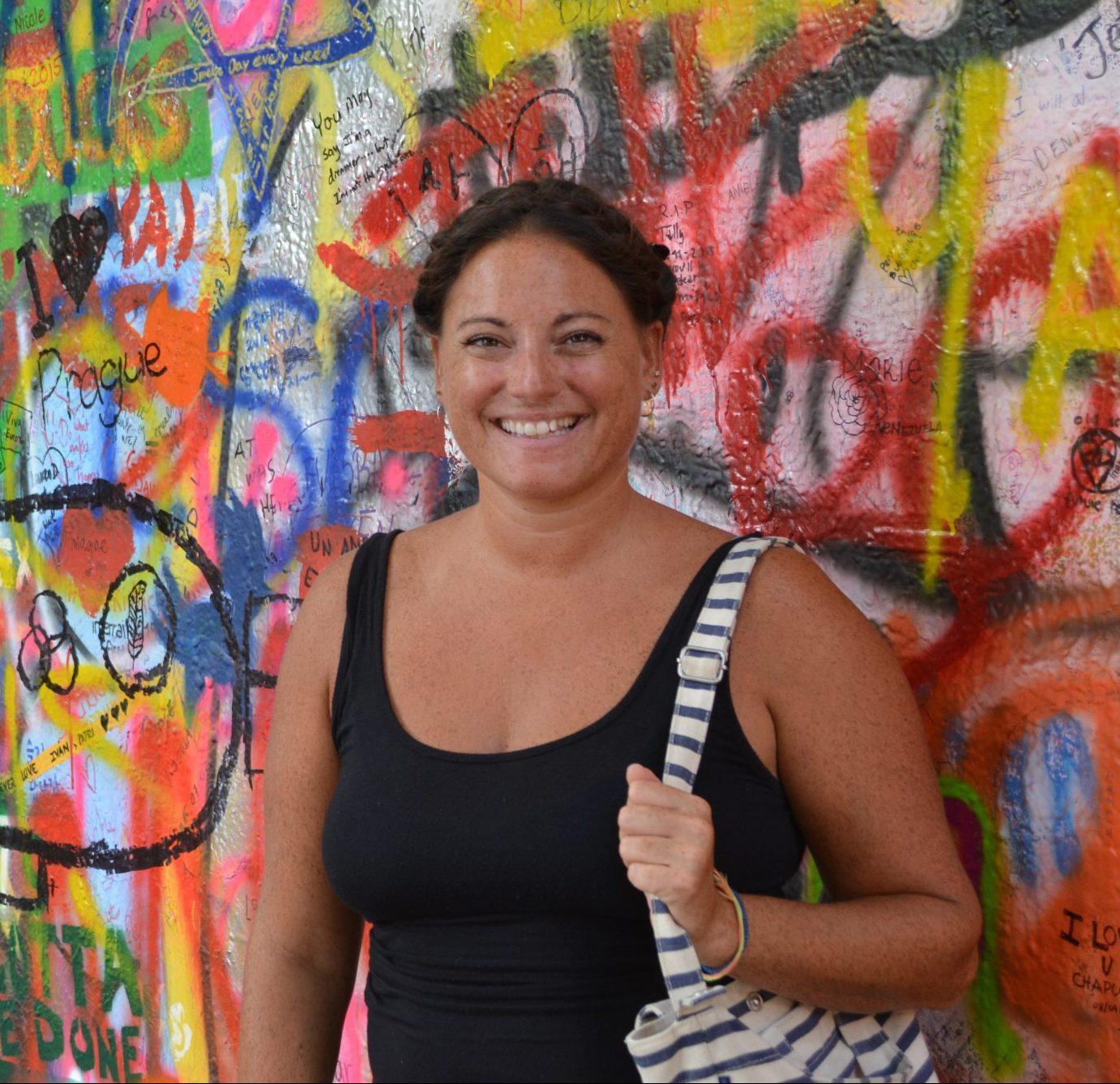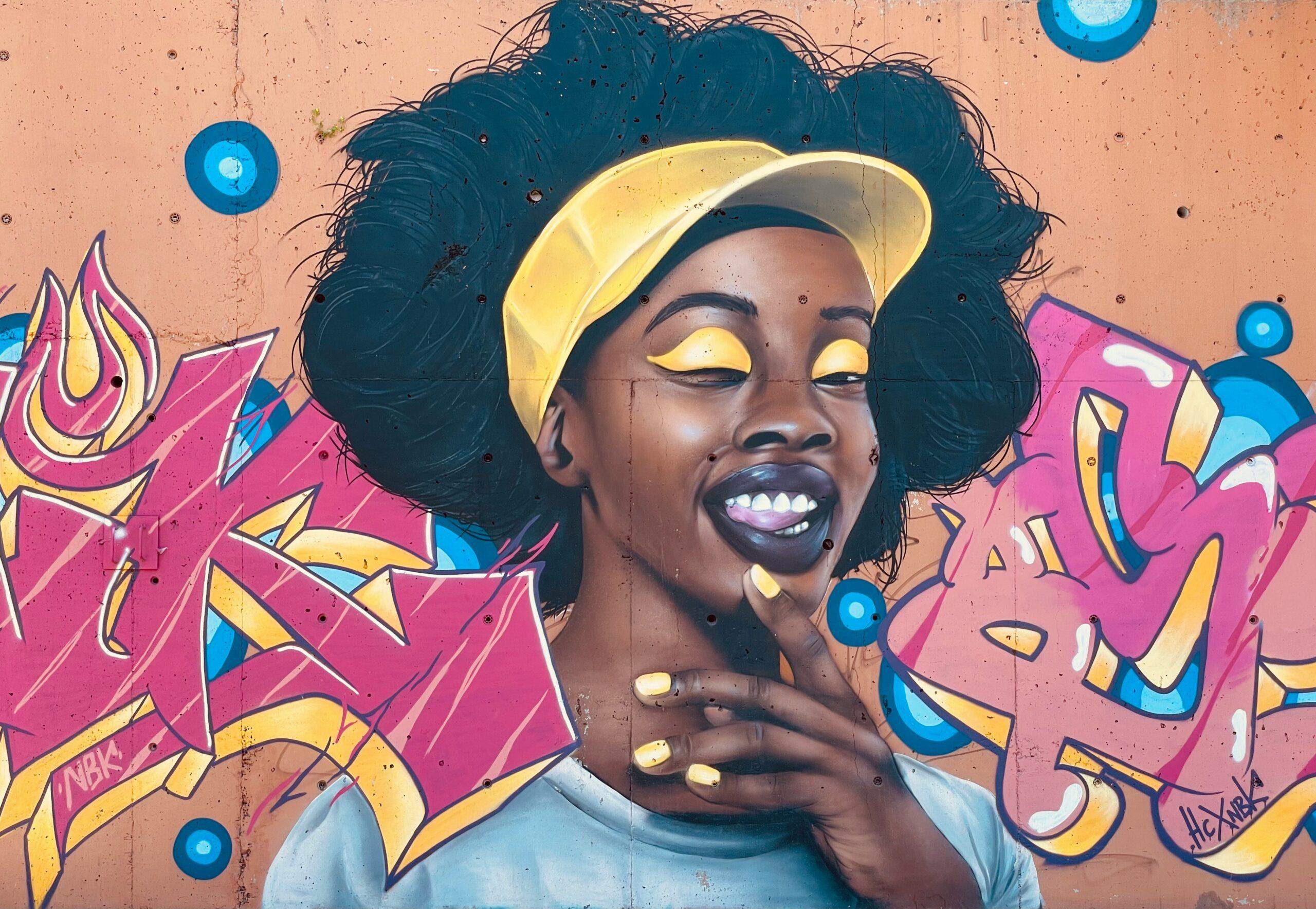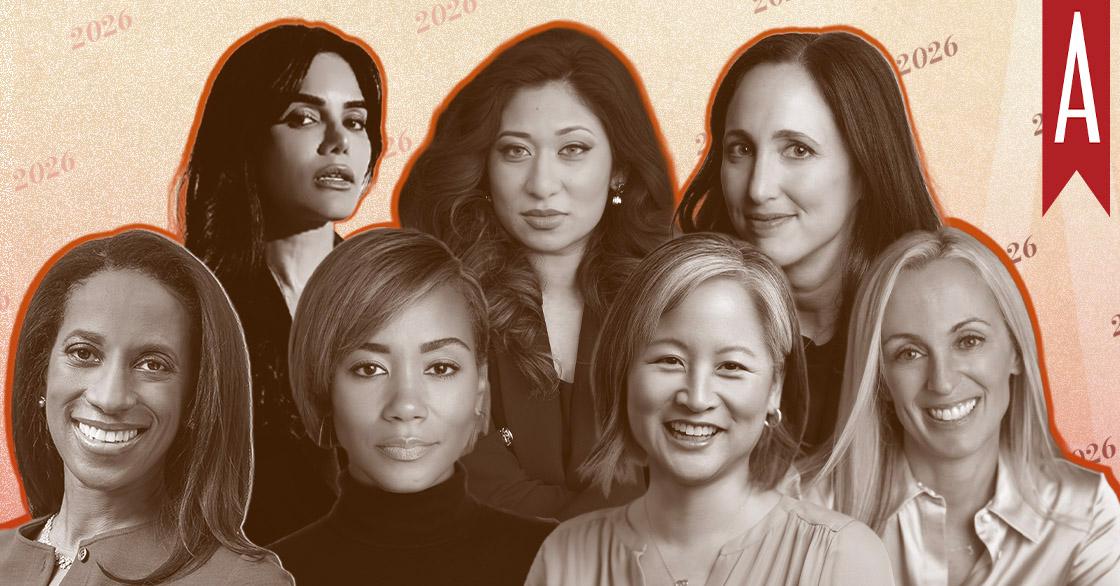Could ‘Zoom Dysmorphia’ Be A New Pandemic Side Effect?
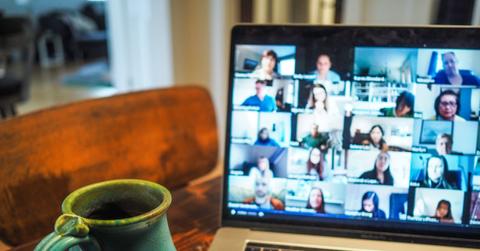
COVID-19 has brought some unwanted societal side effects that are a product of the pandemic and we are only scratching the surface. Beyond contracting the virus and the obvious side effects that come along with that, there are environmental, social, and even phycological factors that have been impacted.
Everyone has had their fair dose of zoom fatigue. The idea of being on another video call for work or virtual meet-up can bring on anxiety. It doesn’t come as a surprise that we are not meant to look at our poorly lit, over pixelated faces through a computer screen all day. The constant and often distorted view of our facial features has created for many a negative fixation on how we look. We can be increasingly critical of how our faces appear on camera, which is often not a true depiction. Facial distortion occurs on screens and phones, giving us a glimpse of an unflattering version of ourselves, and insecurities are bound to set in.
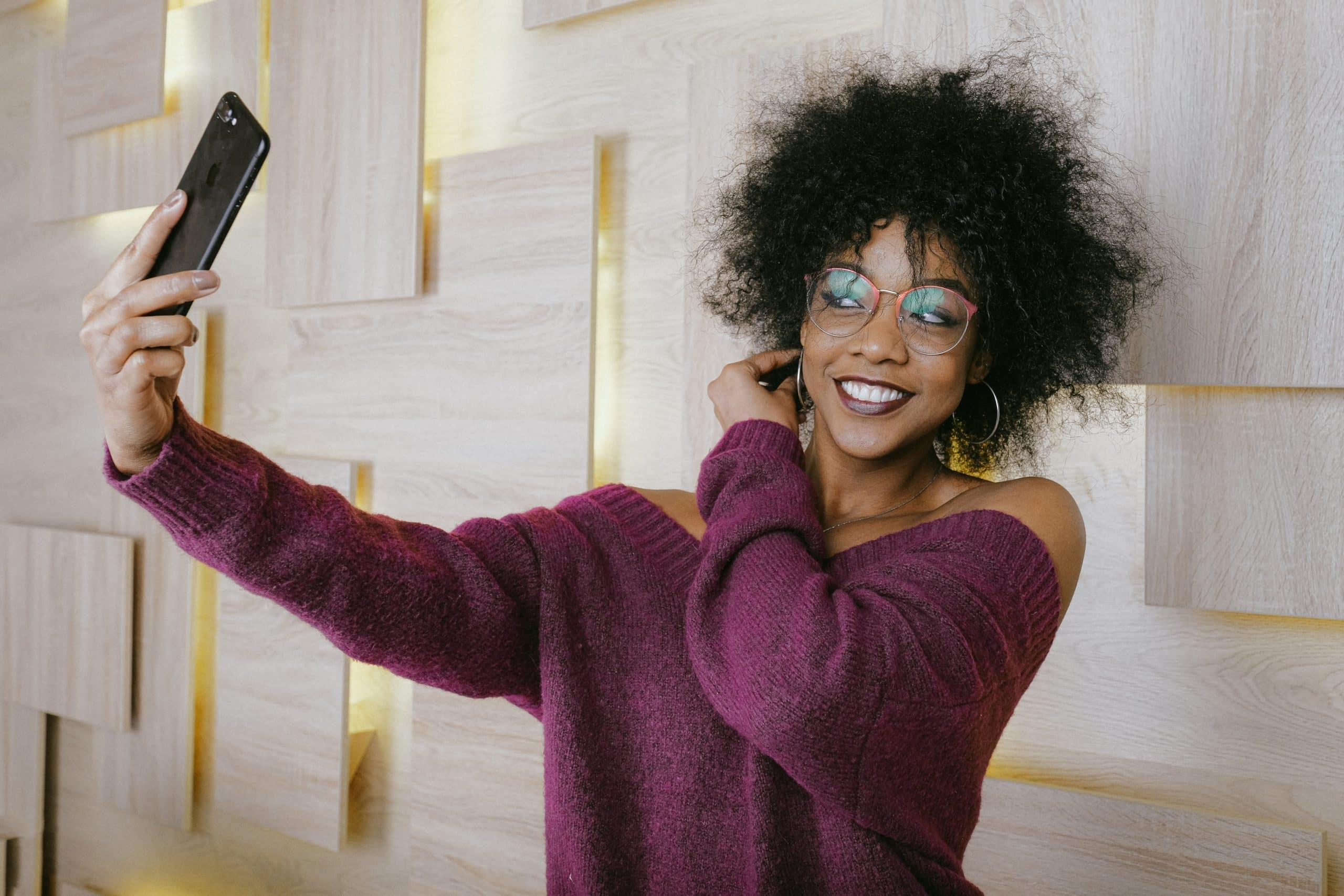
What Is Zoom Dysmorphia?
Zoom Dysmorphia has become a recent issue during the pandemic. With body images issues on the rise, society already places enough pressure on our physical appearance without any additional internal struggles and pressures.
We are already subjected to unrealistic beauty standards. From filters to face tunes, social media has in many ways morphed into unattainable expectations when it comes to how we look physically. The Body Shop has created a “Self Love Index” as a way to monitor self-worth across the globe. They surveyed 22,000 people from 21 different countries and found that 72% “wished their body was different” after engaging on social media for over 2 hours a day.
In addition to Zoom effect, our screen time has accelerated during COVID-19. A Harris Poll found that US adults were on social media at nearly 51% increase before the pandemic. A rise in time on our apps means an increase of exposure to unrealistic beauty standards with face filters, apps that modify video and edit photographs.
Especially when it comes to teens, body image has become an even more complex topic. According to the National Institute of Mental Health, surveys have revealed that there are over 5 million Americans who suffer from an eating disorder each year.
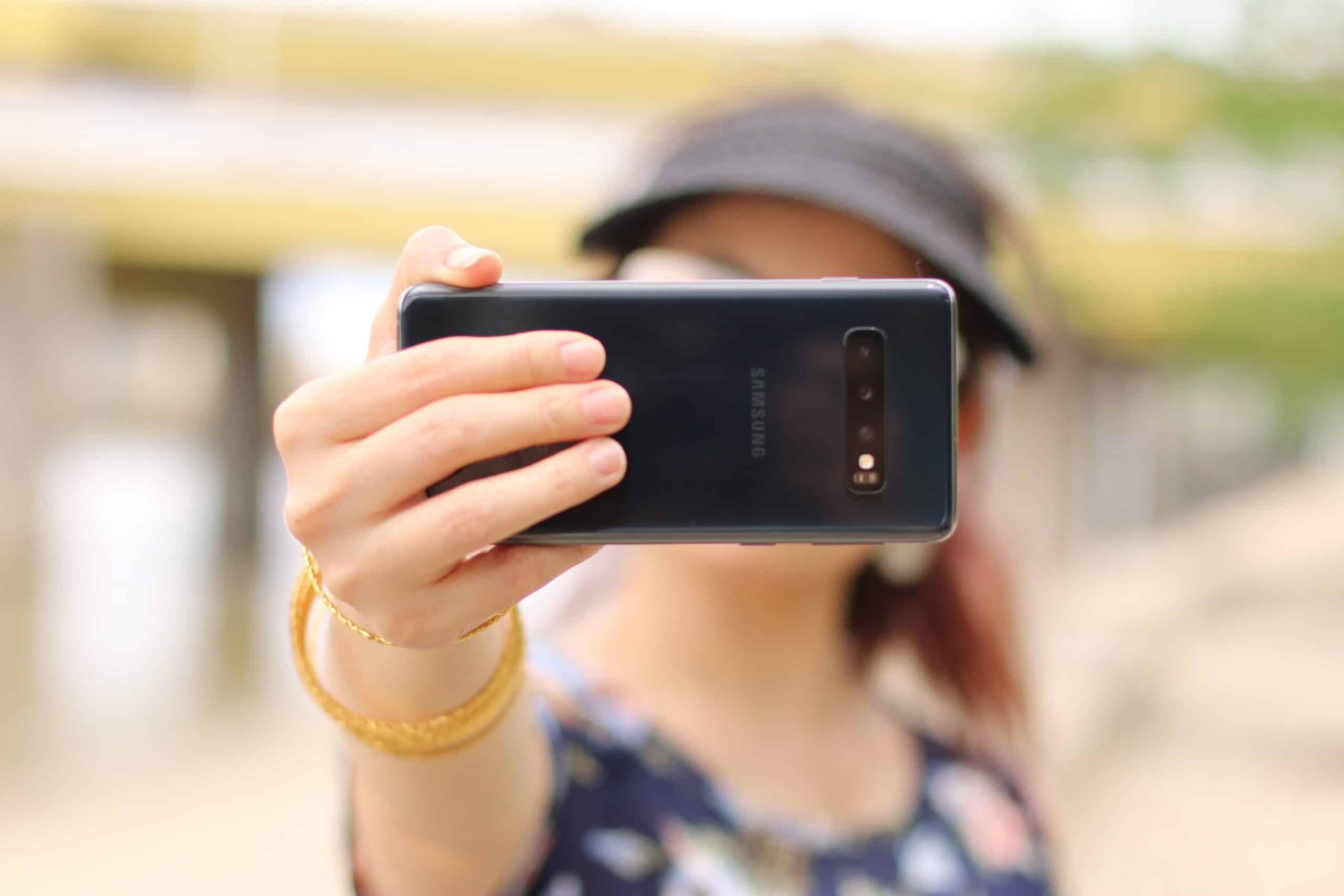
Changing Negative Self Image Issues
Combating negative self-image is a daily practice. It is important to recognize any repetitive thought patterns that are influencing unrealistic and unfavorable views of ourselves. If you find that looking at yourself on video calls is distracting, turn that camera off. It may be a quick fix, but just the act of not continually seeing an image of yourself in the corner of the screen may be a way avoid having negative thoughts about appearances.
And if you think that your feelings of self-doubt surrounding your appearance are deep, there should always be an option to talk to a professional about your feelings. Therapy has been stigmatized and there should be no shame in talking to someone about ways to reframe your thinking or come up with better mechanisms for a positive body image. It is always important to remember that how we perceive ourselves is objective.
Normalizing normal bodies is a step towards cultivating body positivity. There can be more steps to combat impossible expectations of our bodies and our relationship to beauty. In the UK for example, the Advertising Standards Authority has ruled for any online influencer to reveal when a filter is being used in their social media posts. The ASA demanding transparency when using misleading filters could be a step towards eliminating unrealistic beauty standards.

